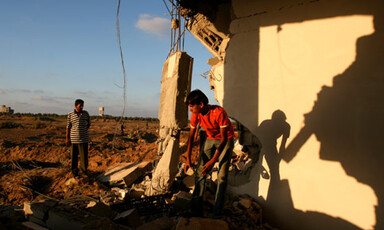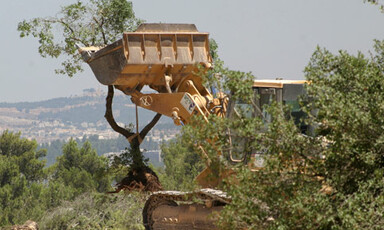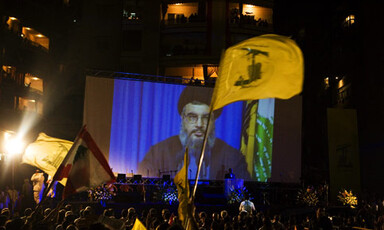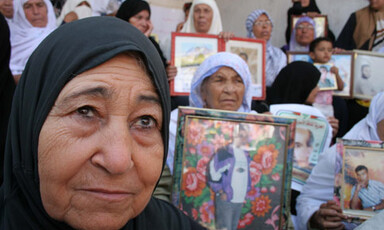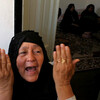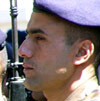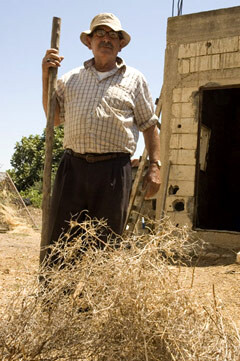
Israelis airdrop an occupation
20 August 2007
BEIRUT, 17 August (IPS) - With an estimated one million unexploded land ordnances meaning lack of access to their lands, many farmers in southern Lebanon see cluster bombs as an Israeli “occupation.” An estimated 25 percent of cultivated land is now inaccessible in the south. Last summer, Israel pounded Lebanon with over four million cluster bombs and artillery shells that destroyed villages, displaced thousands and wrecked more than 70 percent of the southern economy. Financial losses to the livestock sector alone were estimated at nearly 22 million dollars. Read more about Israelis airdrop an occupation
